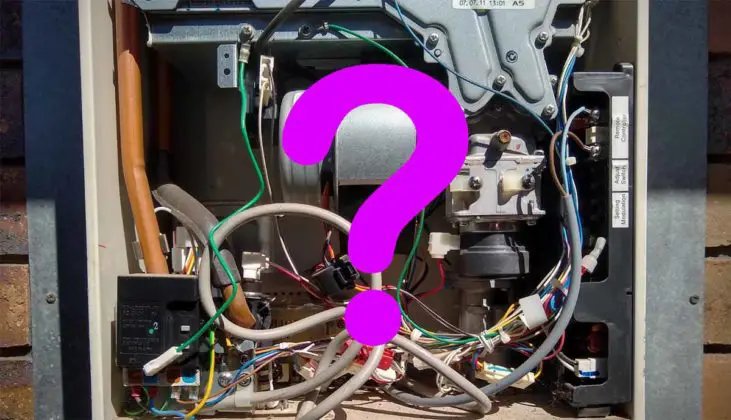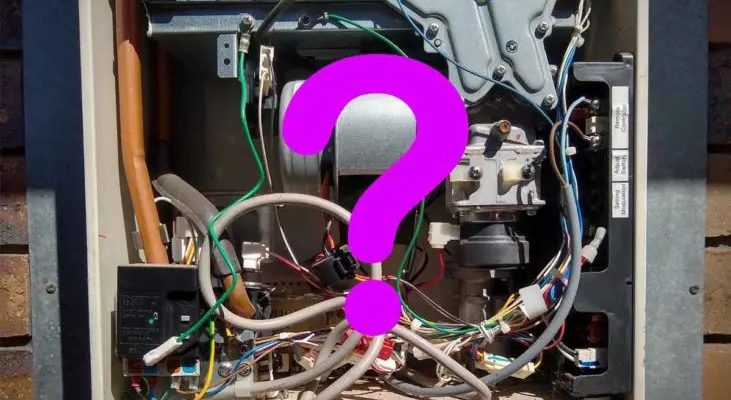
Now, let’s break down what an E3 error code means. It’s like when your car’s check engine light comes on—it’s a signal that something’s not quite right. For Bosch water heaters, an E3 error often indicates a problem with the water temperature sensor. This sensor’s job is to monitor and maintain the water temperature, ensuring it’s just right for your needs. So, when the E3 code pops up, it’s usually the system’s way of saying, “Hey, something’s off here!” But fear not, resetting your Bosch water heater after an E3 error isn’t rocket science. With a little guidance, you’ll have it up and running in no time.
Understanding the E3 Error Code on Bosch Water Heaters
Before jumping into fixing things, it helps to understand what’s happening under the hood—or in this case, inside the heater. Think of your water heater as a finely tuned orchestra, where each component plays its part in harmony. The E3 error code is like one of the players hitting a wrong note. Specifically, it points to an issue with the temperature sensor.
The temperature sensor is essentially the thermostat of your water heater. Just like how a thermostat in your house regulates the room temperature, this sensor ensures your water stays at a comfortable temperature. If it detects something unusual—like the water getting too hot or not heating up enough—it triggers the E3 error to prevent any damage or unsafe conditions. This might be caused by a faulty sensor, incorrect settings, or occasionally, a glitch in the system, much like when your phone freezes and just needs a quick restart.
So, what happens next after the E3 alert? Well, the heater might stop working as a safety precaution. Imagine it’s like a safety net catching you before the real trouble begins. It prevents further complications, keeping you and your home protected. But don’t worry, resetting it is often a straightforward process, ensuring everything gets back to normal.
Steps to Resetting Your Bosch Water Heater
Alright, let’s get down to the nitty-gritty of resetting your Bosch water heater. Think of it like rebooting your computer when it starts acting up. The process is simple, and you can do it with a little patience and the right steps.
First, start by turning off the power supply to the heater. This is your first line of defense and is similar to switching off your TV before plugging it back in when it doesn’t work right. Locate the circuit breaker that controls your water heater and flip it off. This ensures your safety and gives the system a clean slate from which to reboot.
Next, you’ll want to wait a few minutes. Why wait, you ask? This pause gives the internal components of the heater a chance to completely power down and reset. It’s like giving the heater a brief nap to shake off any glitches.
Once you’ve waited, turn the power back on at the circuit breaker and check the heater’s control panel. The E3 code should be cleared, and your water heater should begin operating normally. If it was a minor hiccup, this reset will often solve the problem, making your heater’s operation smooth once more.
Preventative Measures and When to Call a Professional
Wouldn’t it be great if you could avoid these pesky error codes in the future? While there’s no foolproof way to prevent all electronic hiccups, you can certainly reduce their likelihood with a few simple habits.
First, regular maintenance is key. This doesn’t mean you need to become a plumbing expert overnight but checking on your heater every few months can be beneficial. Ensure the ventilation isn’t blocked and that there are no obvious signs of wear and tear. It’s like how you’d regularly check the oil in your car to keep it running smoothly.
If you notice the E3 error popping up frequently, it might be a sign of a more significant issue, such as a failing temperature sensor or other internal component. At this point, it’s a good idea to call in a professional. Professionals are like the expert puzzle solvers of the appliance world—they’ll diagnose the problem more quickly and often have the necessary tools and skills to fix it.
In conclusion, while an E3 error code on your Bosch water heater is certainly an inconvenience, it’s usually not the end of the world. With a simple reset, some preventative maintenance, and the occasional help from a professional, you can ensure your water heater continues to provide you with that much-needed hot water without any hang-ups.
